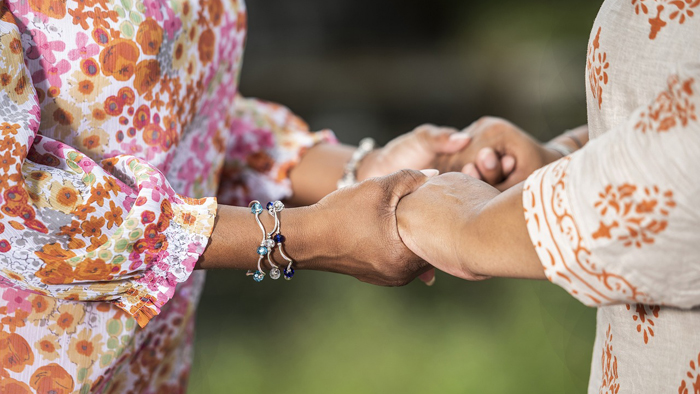
Forgiveness means different things to different people. In general, it involves a conscious effort to let go of resentment and thoughts of revenge.
Forgiveness is a decision. And it’s personal.
Just about everyone will agree that forgiving is one of the healthiest things we can do for ourselves. Forgiving someone else for a transgression is an extremely powerful tool that improves our health and well-being.
Really?
For many of us, there’s that thought: before forgiving them, shouldn’t we be educating them about that crappy thing they did to us?
No. No, we shouldn’t.
Staying angry, hurt, or confused by another’s actions against us keeps our emotions in an angst-laden and tightly closed state of being. Offering our clarifying or instructional input, which is almost always never requested, also keeps us in that taut place, both emotionally and physically.
The best thing to do when someone hurts us – unless they, in hindsight, specifically ask us how their actions landed on us – is to forgive and move on. I’m not saying you need to stick around for future abuse from this person, but I am suggesting an inner dialogue with yourself about how confrontation is not helpful and that letting go is a good option.
Degrees of Forgiveness
Forgiveness is a process.
It’s easy for me to forgive a minor transgression, like when someone doesn’t return my text or email. If someone lies to me or cheats me or has proven themselves dishonest, I’m hard pressed to forgive. Or, like the saying, I might forgive, but I won’t forget.
There are broad degrees of forgiveness, all the way from the minor example mentioned above to unconditional forgiveness, which is when you forgive without consideration of the harm inflicted. Parents can have unconditional forgiveness when their child hurts someone, even fatally. No matter what their child does, parents can forgive them.
We also see conditional forgiveness, which arises when someone hurts you, and you’ll forgive them on the condition that they apologize and/or try to right the wrong.
Forgiving Yourself
All the feelings and actions associated with forgiving others can be applied to ourselves. In fact, the most powerful degrees of forgiveness come from forgiving ourselves. It is often surprising how we’re able to forgive others but not let go of our own mistakes. We can be the harshest on ourselves when we mess up!
All the health and emotional benefits of letting go of our mistakes and our bad behavior are strongest when applied to ourselves. We’re just as deserving of love, compassion, and, yes, forgiveness, as anyone else who does something wrong.
Can you honestly say we’re able to let go and forgive when the problem child is you?
What are the limits of your forgiveness?

